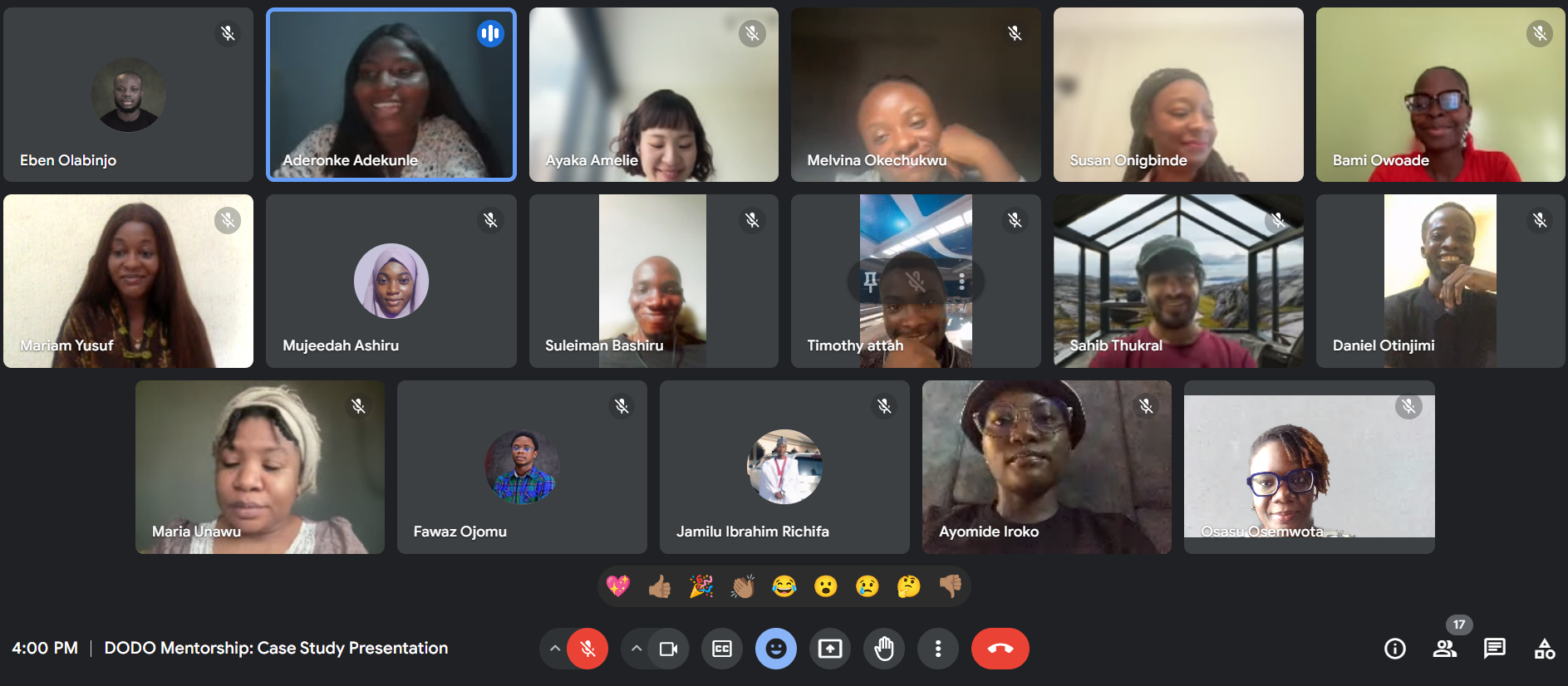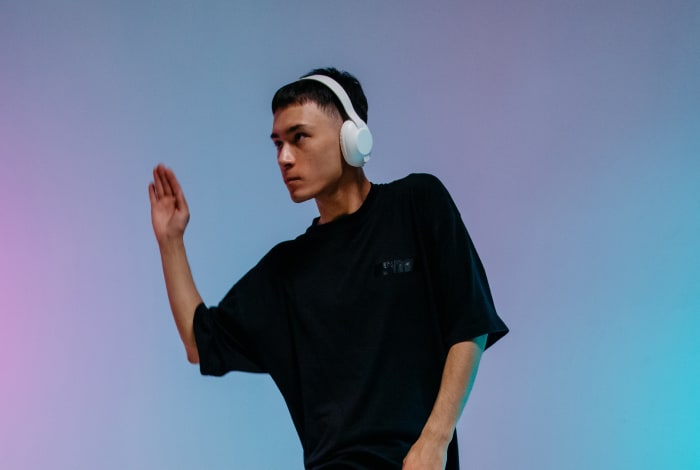In 2024, our team embarked on a remarkable journey by launching a rigorous mentorship program for young designers and user researchers in Nigeria. This initiative was not just another training exercise; it was a strategic move to bridge a critical gap in the practice of Human-Centered Design (HCD) within the African context. As global organizations strive to achieve the Sustainable Development Goals (SDGs) and as local design firms seek to address complex problems that organizations and society alike face, the need for solutions is paramount. Solutions that are deeper than surface-level and actionable insights that drive societal change have never been more pressing. With this in mind, this mentorship program proved necessary to build local design talent’s capacity for creative problem solving, community development, and social impact.
The Challenge: Bridging the Gap in Human-Centered Design
Human-Centered Design is a powerful approach to problem-solving that places people at the heart of the process. Yet, within the African context, there is often a gap between theoretical knowledge and practical application, particularly in in-depth research practices, social impact, and development work. This gap arises from the scarcity of high-quality data and skilled researchers who can effectively gather accurate data, analyze it, and communicate insights that lead to meaningful change.
Our Response: A Mentorship Program for Young Designers
To address this challenge, we designed a mentorship program that aimed to enhance the skills of young designers and researchers. The program was an intense 6-week deep dive into Human Centered Design, focusing on critical areas such as:
- Data Gathering: Equipping participants (mentees) with the skills to collect accurate and relevant data.
- Data Analysis and Synthesis: Teaching them how to interpret data into actionable insights.
- Storytelling: Training them to effectively communicate these insights to stakeholders, ensuring that findings lead to tangible actions.
About 15 enthusiastic designers participated in this program, all of whom were eager to make a positive impact in their communities and beyond.
Collaborative Learning: Pairing with Experienced Designers
To maximize the learning experience, we paired these young designers with our in-house designers. This mentorship approach allowed for hands-on guidance and real-world application of HCD principles. The participants were grouped into teams that tackled specific areas of focus:
Health and Wellness: Creating user-centered solutions to improve healthcare delivery and promote well-being.
Fintech: Exploring innovative solutions to improve financial inclusion and access.
Education: Developing designs that enhance learning experiences and outcomes.
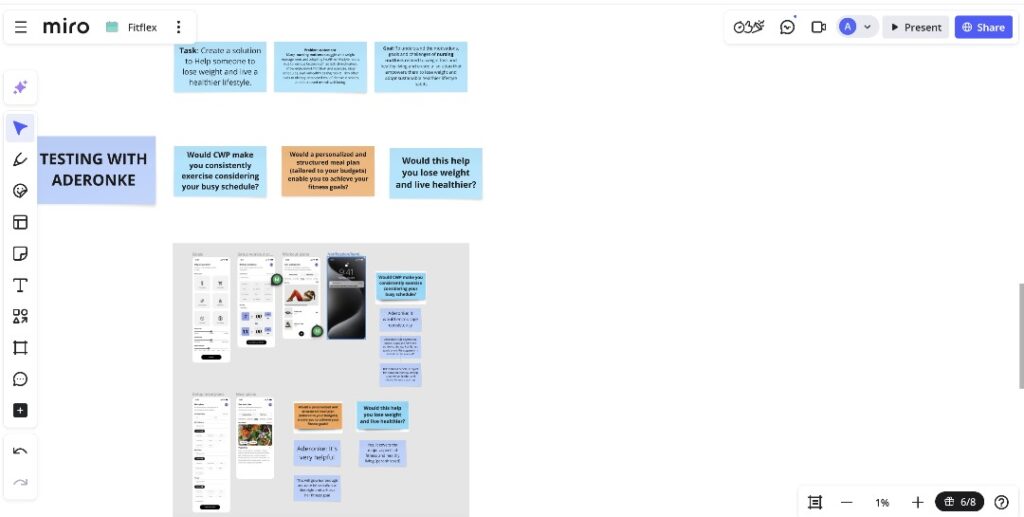
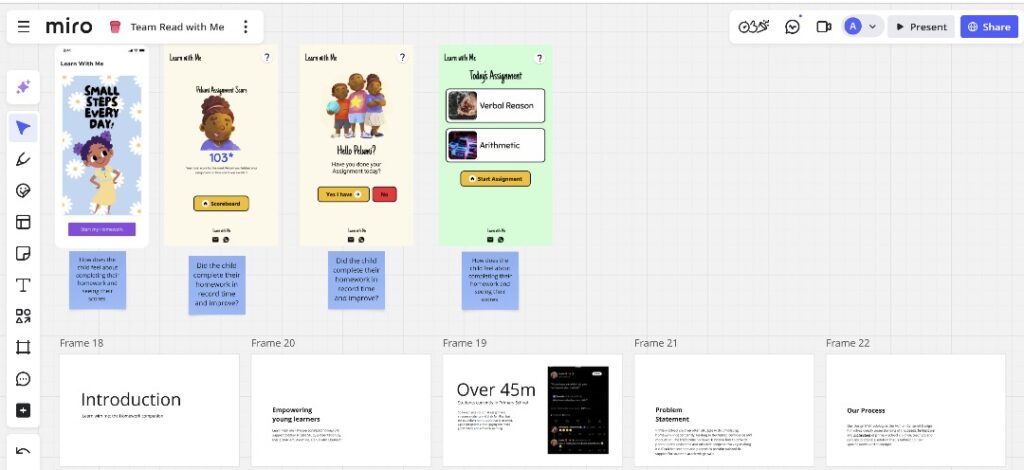
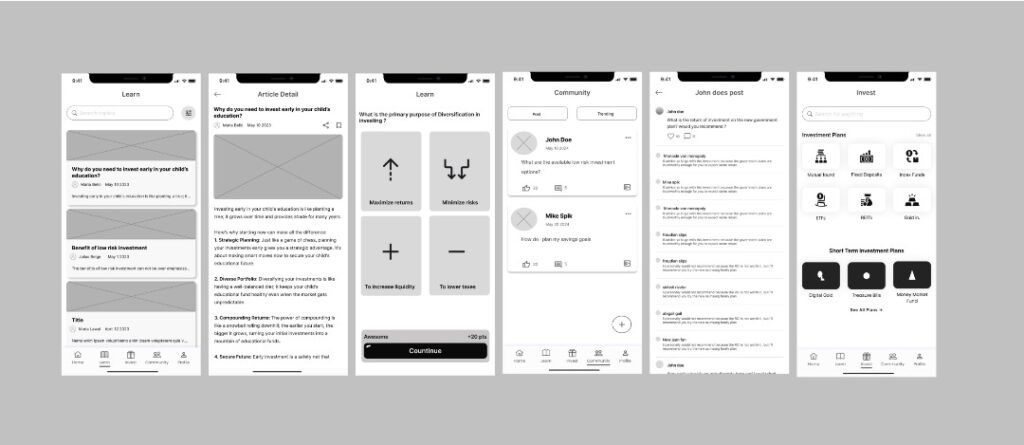
By working in these focused groups, participants gained a deeper understanding of how HCD can be applied to solve complex problems in these sectors.
Impact and Outcomes
The mentorship program was a resounding success, not only for the participants but also for our team. Here are some of the key outcomes:
- Enhanced Skills: Participants significantly improved their design and research skills, equipping them in their professional journey as they work to contribute more effectively to social impact projects.
- Community Engagement: The program fostered a sense of community and connection, creating a safe, inclusive space where participants felt seen, heard, and valued—not just as learners, but as contributors who were motivated to apply their new skills in real-world contexts.
- Social Impact: By empowering these young designers, we helped amplify their potential to drive positive change in their communities, aligning with broader SDG objectives.
Lessons Learned
Our experience with the mentorship program taught us several valuable lessons:
- Working hand-in-hand with young designers and researchers reminded us that real change doesn’t happen in silos. This collective energy is what propels us toward achieving positive impact that resonates deeply. The experience has demonstrated that when we combine our diverse skills, knowledge, and viewpoints, we can develop innovative solutions that genuinely improve people’s lives. Collaboration extends far beyond simply sharing ideas; it involves cultivating an inclusive environment where every individual feels appreciated and empowered to contribute their unique perspectives.
- Building capacity in local communities is essential for sustainable development because it ensures that solutions are rooted in the unique needs and strengths of the people they serve. By empowering local talent, we create a ripple effect of growth and resilience that can be felt for generations to come.
- Human-centered design is more than a methodology; it’s a way of seeing the world. It’s a mindset that transforms how we approach societal challenges by putting people at the forefront of every decision. When we design with empathy and understanding, we create solutions that are not just effective but also meaningful and impactful. This approach reminds us that every challenge is an opportunity to connect with others on a deeper level and to craft solutions that truly make a difference in their lives.
Conclusion
Our team’s involvement was a strategic investment in our hope and efforts for the future of design, social impact and development in Africa. Empowering young designers and researchers in this manner helps us contribute to the more sustainable and equitable future we all want. As we deepen our engagement with community and charitable initiatives, our vision extends beyond goodwill—we aim to drive innovation that responds to real needs, fosters dignity, and empowers lasting transformation. This is the future we are working toward—where creativity becomes a force for meaningful and measurable impact.
Author
-
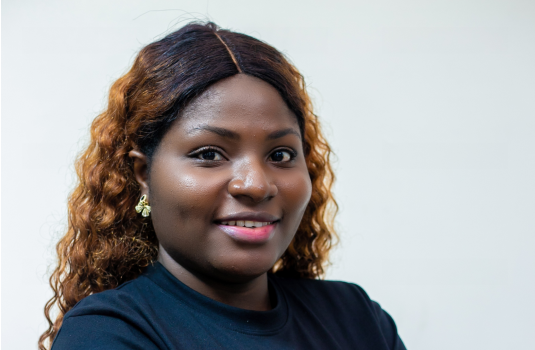
Aderonke Adekunle is an accomplished project manager recognised for her ability to keep projects on track. As a reliable leader, she consistently delivers exceptional results punctually.
View all posts
